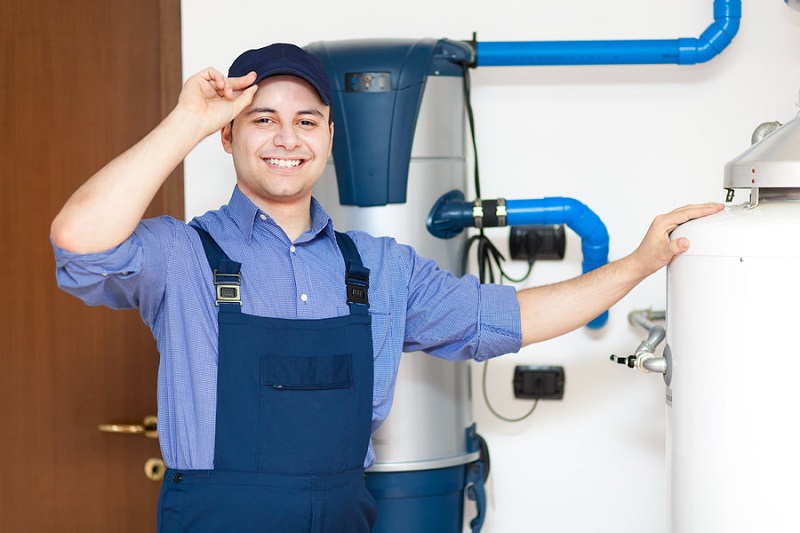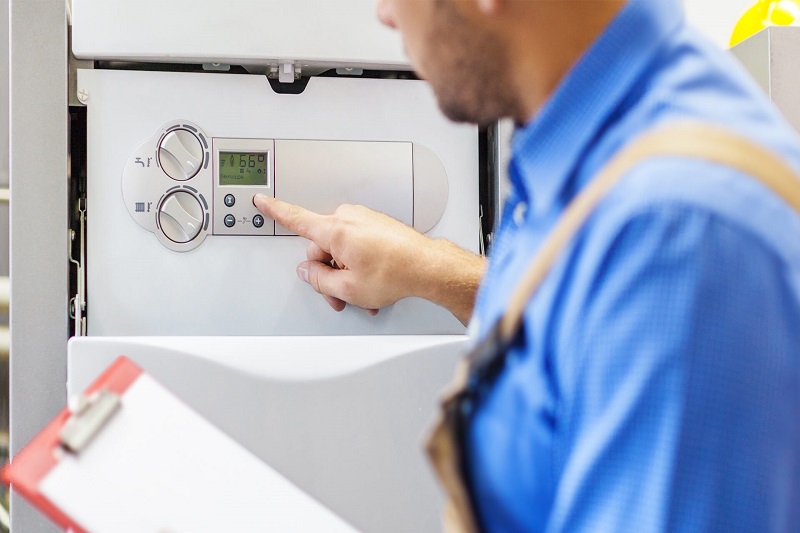
Hot water is an essential part of our daily lives, and having a reliable and efficient hot water service is crucial for every household. With so many different types of hot water systems available in the market, it can be challenging to determine which one is the best fit for your needs. In this comprehensive guide, we will explore the various hot water services and help you make an informed decision based on factors such as energy efficiency, cost-effectiveness, and eco-friendliness. Let's dive in!
Types of Hot Water Services
- Electric Hot Water Systems: Electric hot water systems are the most common type of hot water service found in homes. These systems use an electric element to heat the water, which is then stored in an insulated tank. Electric hot water systems are generally easy to install and have lower upfront costs compared to other types of hot water services. However, they tend to have higher ongoing energy costs due to their reliance on electricity.
- Gas Hot Water Systems: Gas hot water systems use natural gas or propane to heat the water, making them a more energy-efficient option compared to electric systems. These systems can be either storage-based or tankless, with the latter providing instant hot water on demand. Gas hot water systems typically have lower running costs than electric systems, but their installation costs can be higher, especially if your home does not already have a gas connection.
- Solar Hot Water Systems: Solar hot water systems use energy from the sun to heat the water, making them an environmentally friendly option. These systems consist of solar collectors, which are usually installed on the roof, and a storage tank. Solar hot water systems can significantly reduce your energy bills and greenhouse gas emissions. However, they have higher upfront costs and may require a backup heating source during periods of low sunlight or high hot water usage.
- Heat Pump Hot Water Systems: Heat pump hot water systems are an energy-efficient alternative to traditional electric and gas systems. These systems use a heat pump to extract heat from the air, ground, or water and transfer it to the water in the storage tank. Heat pump hot water systems are highly efficient, eco-friendly, and can save you money on your energy bills. However, they have higher upfront costs and may not be suitable for all climates or locations.
Storage vs. Tankless Water Heaters
Storage water heaters, also known as tank water heaters, store a large amount of hot water in an insulated tank, which is continuously heated to maintain the desired temperature. When hot water is needed, it is drawn from the top of the tank, while cold water enters the bottom to be heated. Storage water heaters are typically less expensive to purchase and install but can be less energy-efficient due to standby heat loss.
Tankless water heaters, also known as continuous flow or instantaneous water heaters, heat the water as it flows through the unit, providing hot water on demand. This eliminates the need for a storage tank and reduces standby heat loss, making tankless water heaters more energy efficient. However, they have higher upfront costs and may require larger gas lines or electrical circuits to operate.
Energy Efficiency and Eco-Friendliness
When choosing a hot water service, it's essential to consider its energy efficiency and environmental impact. Solar hot water systems and heat pump hot water systems are the most eco-friendly options, as they use renewable energy sources to heat the water. Gas hot water systems are generally more energy-efficient than electric systems, while tankless water heaters are more efficient than storage water heaters due to reduced standby heat loss.
Look for hot water services with high energy efficiency ratings, as these systems will consume less energy and produce fewer greenhouse gas emissions. Additionally, some hot water services may be eligible for government rebates or incentives, which can help offset the initial costs.

Cost-Effectiveness
The cost of a hot water service can be broken down into upfront costs (purchase and installation) and ongoing costs (energy consumption and maintenance). While solar and heat pump hot water systems have higher upfront costs, their lower ongoing energy costs can result in long-term savings. Gas hot water systems generally have lower running costs than electric systems, and tankless water heaters can save money by reducing standby heat loss.
When considering the cost-effectiveness of a hot water service, it's essential to factor in the system's lifespan and potential maintenance costs. Investing in a high-quality, energy-efficient system may have a higher initial cost but can save you money in the long run.
Size and Capacity
The size and capacity of your hot water service should be based on your household's hot water usage and needs. A system that is too small may struggle to provide enough hot water during periods of high demand, while a system that is too large can be less energy-efficient and more expensive to operate.
For storage water heaters, consider the number of people in your household and their daily hot water usage to determine the appropriate tank size. For tankless water heaters, consider the flow rate (measured in gallons per minute) and temperature rise required to meet your hot water needs.
Conclusion
In conclusion, choosing the right hot water service for your needs involves considering factors such as energy efficiency, cost-effectiveness, eco-friendliness, and size/capacity. By understanding the differences between various hot water systems and their advantages and disadvantages, you can make an informed decision that best suits your household's needs and budget. Investing in a high-quality, energy-efficient hot water service can provide you with reliable hot water while reducing your energy bills and environmental impact.
